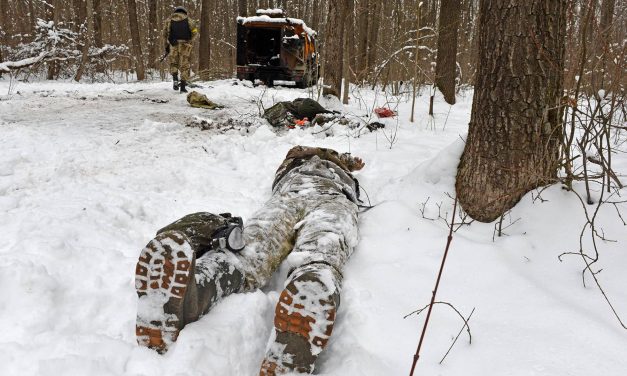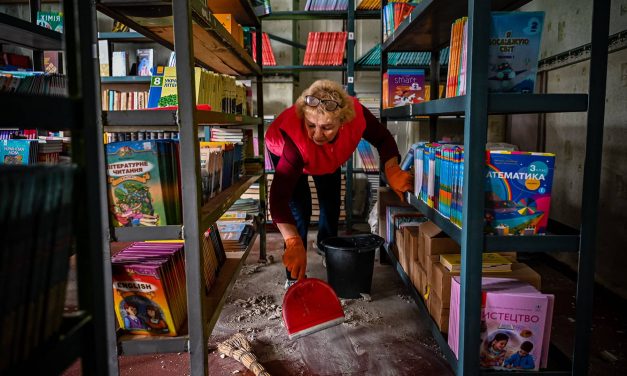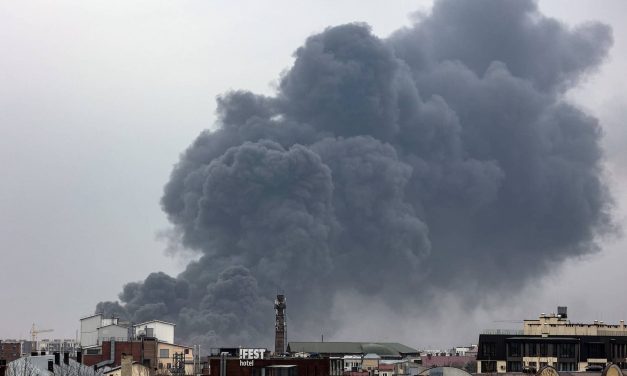Disney’s Magic: When people come close to crossing the boundaries between consumerism and religion
By Hannah McKillop, Doctoral Student in Religious Studies, L’Université d’Ottawa/University of Ottawa Disney has been making the headlines lately, but it has not been about blockbusters. Recently, people have been up in arms over a ruined Disney park proposal and a couple who opted to have Minnie and Mickey at their wedding instead of food. Many news articles and social media users were quick to say that for some folks, Disney is a religion — citing mythologies, symbols, rituals, community and regular expensive pilgrimages to the park as central reasons. But just because many people treat Disney as sacred,...
Read More














